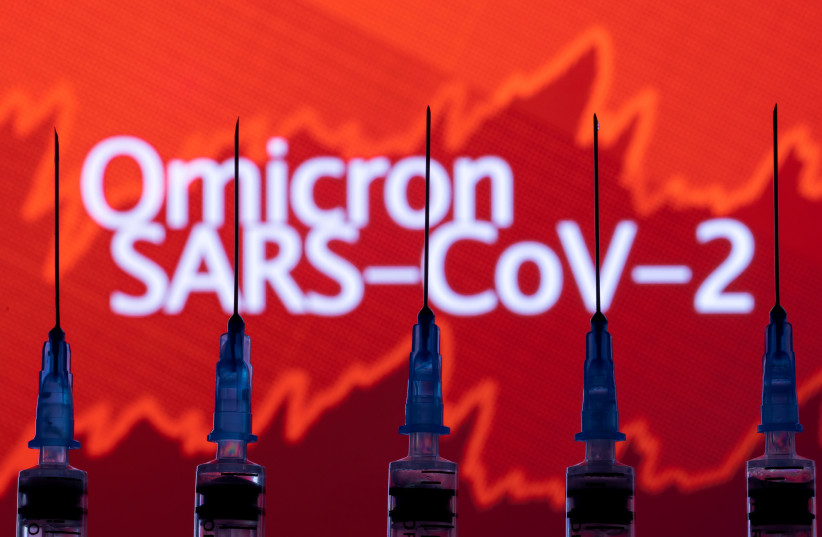NRx Pharmaceuticals has announced it will proceed with its plans to initiate a phase 2b/3 registration trial of Israel’s BriLife vaccine after it was advised on Monday that the independent Data Safety Monitoring Board overseeing the phase 2 trial of the vaccine concluded its safety analysis with positive results.
The company said a report is expected in the coming days.
NRx has received guidance in the design of its upcoming trial from the European Medicines Agency and the World Health Organization. The trial is expected to run in Israel and the nation of Georgia, with additional locations in the European Union and the United States being added once the initial phase 2b volunteers have been inoculated.
“We are excited to move forward with a multi-nation trial of BriLife at a time when the immunity that has been built through widespread adoption of first-generation vaccines is increasingly challenged by new variants,” said NRx CEO Prof. Jonathan Javitt.
BriLife will be compared in the trial to an already approved vaccine, known as a non-inferiority study. The company said that interest in participation in the study was elevated after early data released by the Israeli Institute of Biological Research, from neutralizing antibody tests done in its lab, showed that the vaccine works against the Delta variant.

The vaccine is currently being evaluated against Omicron, as well.
In contrast to the mRNA vaccines that Pfizer and Moderna produce, BriLife is a vector-based vaccine. It takes the vesicular stomatitis virus (VSV) and genetically engineers it so that it will express the spike protein of the novel coronavirus on its envelope.
Once injected, it does not cause a disease by itself. VSV does not harm humans; instead, the body recognizes the spike protein that is expressed on the envelope and begins to develop an immunological response.
The company explained that because the vaccine presents the entire spike protein complex of the coronavirus to the body’s immune system and is able to present multiple variants of the spike protein simultaneously, this will potentially equip BriLife to create a more robust immune response than vaccines that present only a single variant of the spike protein or even a portion of a single variant to the immune system.
Moreover, BriLife specifically binds to the specific cells in the lungs and nasal cavity that are targeted by COVID-19, which NRx said it believes could create a level of tissue immunity that may prevent vaccinated individuals from contracting and spreading new variants of the virus.
Although the vaccine will initially be delivered by traditional injection, the binding of BriLife to cells that line the respiratory tract similarly opens the possibility of delivering the vaccine as a nasal spray.
Javitt said there is reason to be “optimistic” that the BriLife vaccine has the potential to be both durable in terms of its protection against new variants as they arrive and long-lived in terms of the immunity it confers.
Specifically, the phase 2b/3 trial will be a randomized, observer-blind, multi-center non-inferiority study. Volunteers will receive two shots of the BriLife vaccine 28 days apart or an already approved shot.
The primary outcome will be infection within six months of vaccination. The second outcome will be serological immunity.
